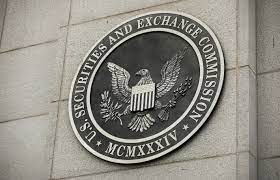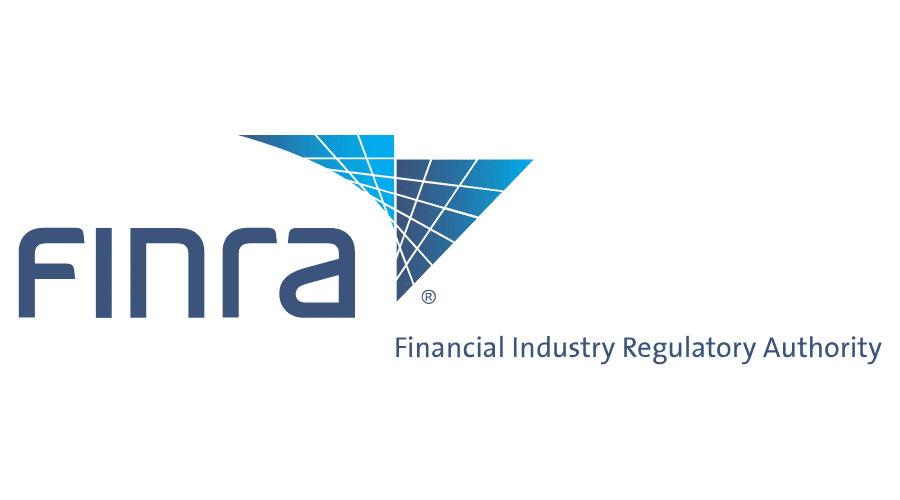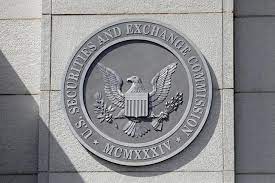The stock market is a complex and constantly changing environment, so who regulates it? This question could be answered in many different ways. The Securities Exchange Commission (SEC) has the primary responsibility for regulating the securities industry. They are tasked with overseeing all aspects of this industry including stocks, bonds, and other investments. State governments also have their own regulations that may apply to some specific types of securities transactions depending on who is involved or where they take place. There are also additional federal laws like Sarbanes-Oxley Act which might regulate certain parts of the market as well.
Let’s take a look at some key regulation information.
What is The SEC?
The Securities Exchange Commission (SEC) is one of the most important agencies for enforcing stock market regulation. Their mandate is to protect investors who buy and sell securities. The SEC also has the authority to approve or disapprove firms who want to become a member of the stock market, as well as monitor these companies once they have been approved.

There are four main functions that the Securities Exchange Commission (SEC) performs:
– They review all new products and the business practices that firms who want to be members of the stock market propose.
– They monitor all transactions made on these markets and enforce regulations
– The SEC is in charge of making sure companies who are already a part of this industry follow their required rules
– When there have been any violations, they make sure those who violated the law are penalized
What is FINRA?
While public companies are regulated by the SEC, there is another firm responsible for regulating brokerages. The Financial Regulatory Authority (FINRA) is responsible for regulating brokerages. They do this through licensing, enforcing compliance with federal securities laws and regulations, monitoring brokerage firms who sell stocks, bonds or other investments to the public.

In order for brokers who want to gain entry into the stock market they are required by law to be a member of FINRA in good standing and have a Broker Check report that is current.
Brokers who work with the general public are also required to have a series of exams. These tests include: Uniform Securities Agent State Law Examination (USLSE), Series 63 exam, and Series 66 which covers more advanced subjects on investments.
FINRA’s regulatory responsibilities include reviewing brokerages’ financial transactions for fraud or insider trading violations.
The Bottom Line
Public markets are under a lot of scrutiny and regulation. The SEC is in charge of protecting the investments that individuals who buy and sell securities make. FINRA monitors brokerages who deal with public stocks, bonds or other investments while state governments also have their own regulations based on who they are dealing with as well.
